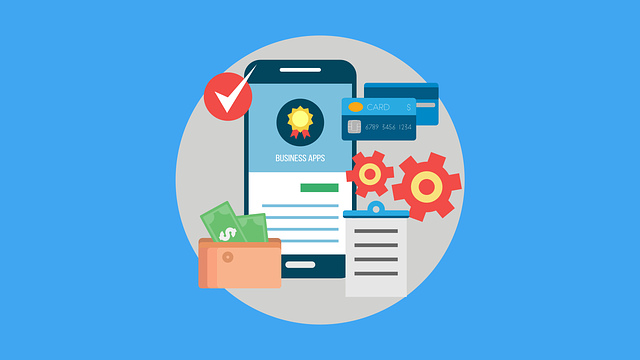AI automation is transforming residential real estate CRM by offering advanced privacy compliance tools that enhance client interactions through personalized messaging and efficient follow-up. These tools, while addressing GDPR and CCPA regulations, require strategic integration to balance automation with human oversight, ensuring both operational efficiency and client satisfaction. Best practices include segmenting audiences, personalizing messages based on interest and engagement, leveraging AI for scheduling, obtaining explicit consent, and using compliant CRM systems with integrated AI privacy measures. Continuous optimization based on engagement metrics and feedback is key to successful AI-driven residential CRM.
“The integration of AI in residential real estate is reshaping how agents engage with clients, offering unprecedented efficiency through automated follow-up messaging. This article delves into the intricacies of AI automation, exploring its benefits and challenges within the sector. We further dissect crucial aspects of AI privacy compliance tools tailored for CRM systems, ensuring ethical practices. Additionally, we provide actionable best practices and strategies for implementing effective automated follow-up messaging, guiding real estate professionals to leverage this technology while navigating privacy concerns.”
- Understanding AI Automation in Residential Real Estate: Benefits and Challenges
- Privacy Compliance Tools for CRM: Ensuring Ethical Practices with AI
- Implementing Effective Automated Follow-up Messaging: Best Practices and Strategies
Understanding AI Automation in Residential Real Estate: Benefits and Challenges

In the realm of residential real estate, Artificial Intelligence (AI) automation is transforming how agencies manage customer relationships. By leveraging AI privacy compliance tools for residential Customer Relationship Management (CRM), agents can streamline their processes and enhance client interactions. These tools enable efficient follow-up messaging, personalizing communications based on individual preferences and behaviors. For instance, AI algorithms can automatically send tailored text messages or emails to prospects post-viewing, increasing engagement and the likelihood of a successful sale.
However, challenges accompany this evolution. Privacy concerns top the list, as handling sensitive client data requires robust security measures. Compliance with regulations like GDPR or CCPA is non-negotiable. Additionally, maintaining a human touch in communications can be tricky; while AI excels at personalization, it must balance automation with empathy to avoid coming across as overly robotic. Effective strategies involve combining AI’s efficiency with human oversight, ensuring both seamless operations and client satisfaction.
Privacy Compliance Tools for CRM: Ensuring Ethical Practices with AI

As AI takes center stage in residential real estate, automating follow-up messaging through Customer Relationship Management (CRM) systems becomes increasingly prevalent. However, with great power comes great responsibility, especially when it involves handling sensitive client data. This is where AI privacy compliance tools for CRM systems step in as a crucial component to ensure ethical practices. These tools are designed to safeguard personal information by implementing robust security measures and adhering to data protection regulations like GDPR or CCPA.
They offer automated solutions for data encryption, access control, and privacy policy management, ensuring that every interaction with clients remains confidential and secure. By integrating these AI privacy compliance tools into CRM systems, real estate professionals can focus on delivering personalized messaging without worrying about the ethical implications of handling client data, fostering a trustworthy relationship built on respect for privacy.
Implementing Effective Automated Follow-up Messaging: Best Practices and Strategies

Implementing effective automated follow-up messaging in residential real estate requires a balance between personalization and efficiency, leveraging AI while adhering to privacy compliance tools for residential CRM. Best practices involve segmenting your audience based on their interest, interaction history, and stage in the sales funnel. Tailor messages accordingly; for instance, send personalized greetings and market insights to prospective buyers, while offering property updates and exclusive offers to those actively engaged with listings.
Utilize AI algorithms to automate message scheduling, ensuring communications reach prospects at optimal times. Ensure compliance with data privacy regulations by obtaining explicit consent for messaging, providing opt-out mechanisms, and securely storing contact information using robust CRM tools designed with AI privacy compliance in mind. Regularly review and optimize your messaging strategies based on engagement metrics and customer feedback.
The integration of AI automation in residential real estate, particularly through automated follow-up messaging, offers significant advantages such as enhanced client communication and improved efficiency. However, it’s crucial to balance these benefits with robust AI privacy compliance tools to ensure ethical practices in handling customer data. By implementing best practices outlined in this article, real estate professionals can leverage the power of AI while maintaining trust and adhering to essential AI privacy compliance standards in their residential CRM strategies.
